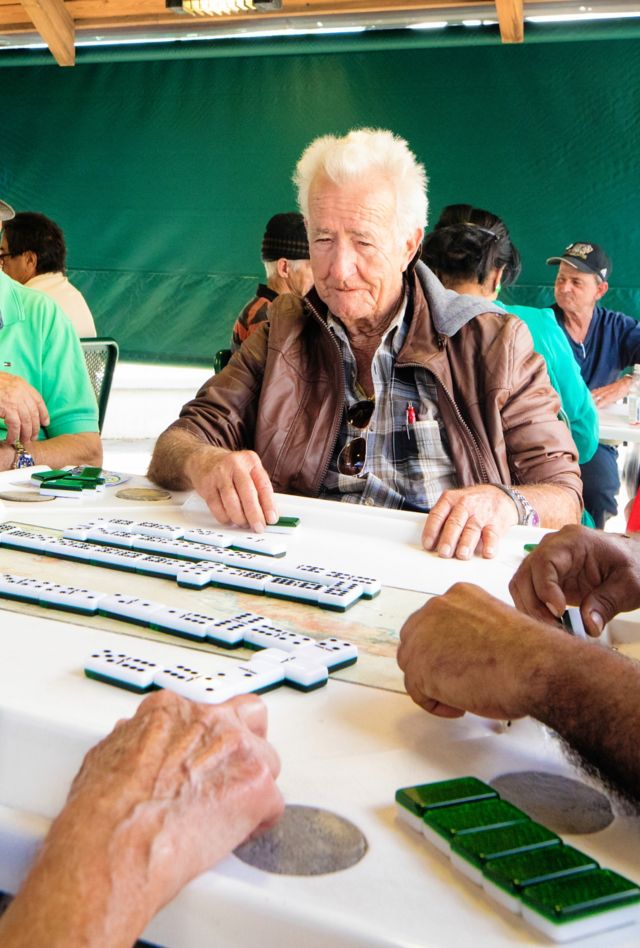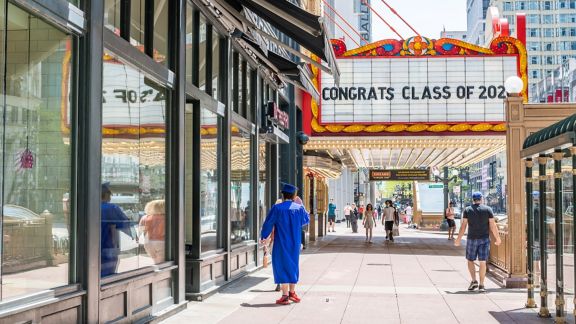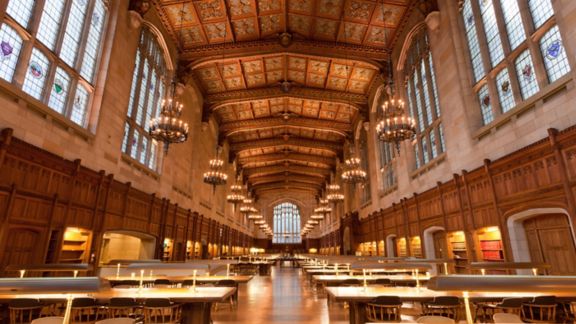Communities, Neighborliness, Loneliness, and the American Dream

Problem
In tumultuous times, a scholar wondered about the American Dream.
While society may seem to be fraying nationally, it’s unclear what’s happening at the community level. The current narrative suggests that Americans are living in a country and period marked by social dysfunction, hyper-partisan politics, and economic uncertainty. In 2018, Samuel J. Abrams, a visiting scholar at the American Enterprise Institute (AEI), thought there might be another story that belies conventional wisdom on societal divisions. He wondered: Do Americans feel differently about the people they encounter regularly? Do they have the same concerns about our communities, neighbors, and local institutions as they do about the country writ large?
Solution
NORC’s national survey asked Americans about their local lives.
To help Abrams answer his questions, NORC at the University of Chicago conducted a national survey using its AmeriSpeak® online panel. The research, sponsored by AEI, continued a scholarly inquiry examining the importance of communities and neighborhoods, family life, and human interactions that might increase or impede social engagement. This work was designed to contribute to an ongoing national conversation about how we live and offered new insights into the health of American society and its citizens.
Result
We found that Americans still believe in the American Dream.
The survey showed that despite concerns about the country as a whole, Americans still have faith when asked about their local communities, neighbors, and institutions. They believe in the viability of the American Dream, prize freedom and family over material goods, and believe they can rely on people—even though they’d like to be more connected with others. Some specific findings of the research, published in an AEI report in 2019, include:
- 73 percent of Americans were satisfied with how things were going in their communities.
- Most Americans trusted their neighbors, but fewer reported helping their neighbors regularly, and less than a third said they had worked with neighbors to improve the community.
- Americans who lived closer to parks, libraries, and restaurants were happier with their communities, more engaged with their neighbors, and less lonely.
- The American Dream (as defined by respondents) was more about freedom and family than money and home ownership, and 8 in 10 believed they were living the American Dream or were on their way to achieving it.








